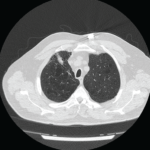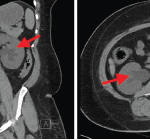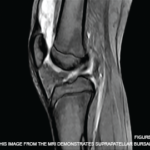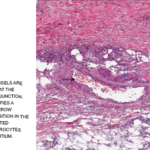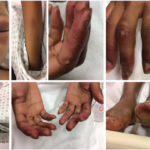When Jonathan Kay, MD, attends a medical lecture, he does more than just listen to the speakers or watch their presentations. He typically whips out his pen and draws a caricature of someone in the room. Dr. Kay is a professor of medicine and holds the Timothy S. and Elaine L. Peterson Chair in Rheumatology…


